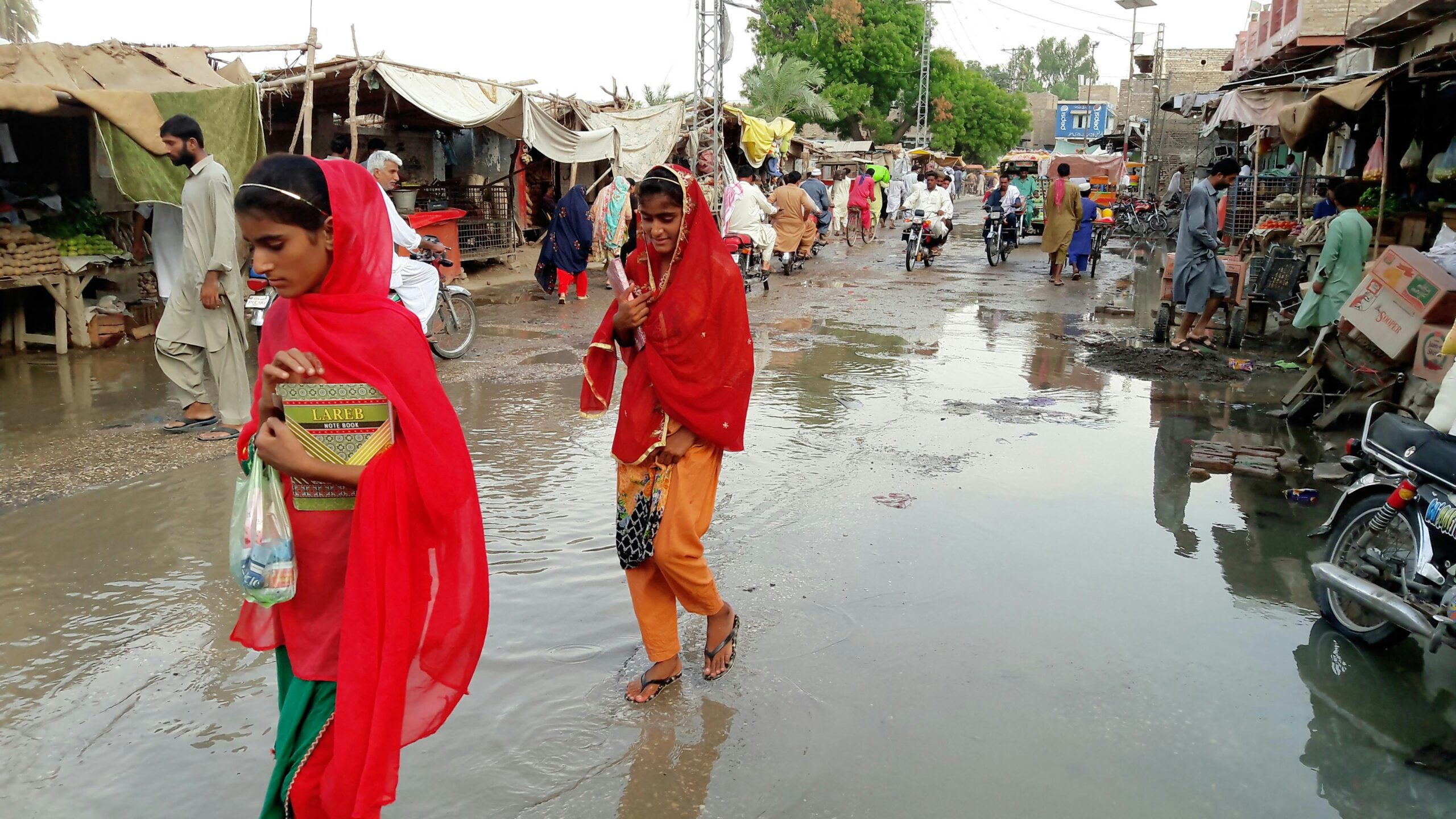
In a tragic escalation of this year’s monsoon season, northwestern Pakistan has once again been hit by severe flooding, resulting in the deaths of at least 20 individuals and leaving over 150 others missing. The province of Khyber Pakhtunkhwa, already reeling from recent floods, faced a fresh deluge that swept away entire villages.
Key Facts
- Twenty people confirmed dead due to recent monsoon rains in Khyber Pakhtunkhwa.
- Over 150 individuals are currently missing in the region.
- Recent floods have caused significant losses, estimated at around $445,000 in damages to both government and private properties.
Background
The latest catastrophe struck when a cloudburst hit the Gadoon area of Swabi, destroying several homes and claiming over 20 lives. This incident is part of a broader pattern of intense and deadly monsoon seasons that have plagued the region. According to local officials, three to five villages in the province were obliterated in a matter of moments due to the immense volume of rain. The National Disaster Agency reports that this year’s monsoon intensity is about 50 to 60 percent higher than the previous year, highlighting a troubling trend of increasing severity in weather patterns likely linked to climate change.
Timeline/What We Know
As the region grapples with the aftermath of the floods, rescue operations are in full swing, albeit hampered by the new rains. Nearly 100 people, mostly women and children, were evacuated from the Swabi area recently as they sought refuge on rooftops. However, the relentless weather has halted further rescue efforts, leaving many in peril. The floods have not only caused loss of human life but also extensive property and livestock damage, exacerbating the crisis.
Official Reactions
Prime Minister Shehbaz Sharif has convened a high-level meeting to address the ongoing disaster, with government officials scrambling to assess and mitigate the damage. Additionally, Ali Amin Gandapur, the provincial Chief Minister, emphasized that many tragedies could have been avoided had residents not constructed homes along vulnerable waterways. His administration is now urging displaced families to relocate to safer areas, promising support for rebuilding efforts.
What’s Next
The immediate focus remains on rescue and recovery operations, with an urgent need for clean drinking water and medical supplies. The government is also under pressure to implement more effective flood management and warning systems to prevent future disasters. Long-term strategies include not only infrastructure development but also community education and stricter zoning laws to reduce the vulnerability of at-risk populations.
As Pakistan continues to face the brunt of climate change, with its people repeatedly displaced and its economy strained, the international community’s role in providing aid and supporting sustainable development efforts becomes increasingly crucial.


